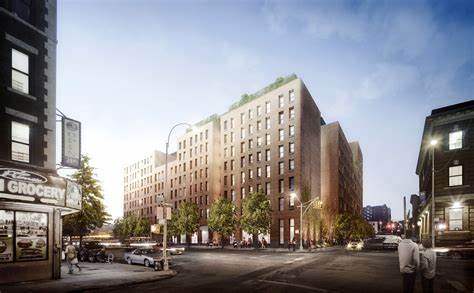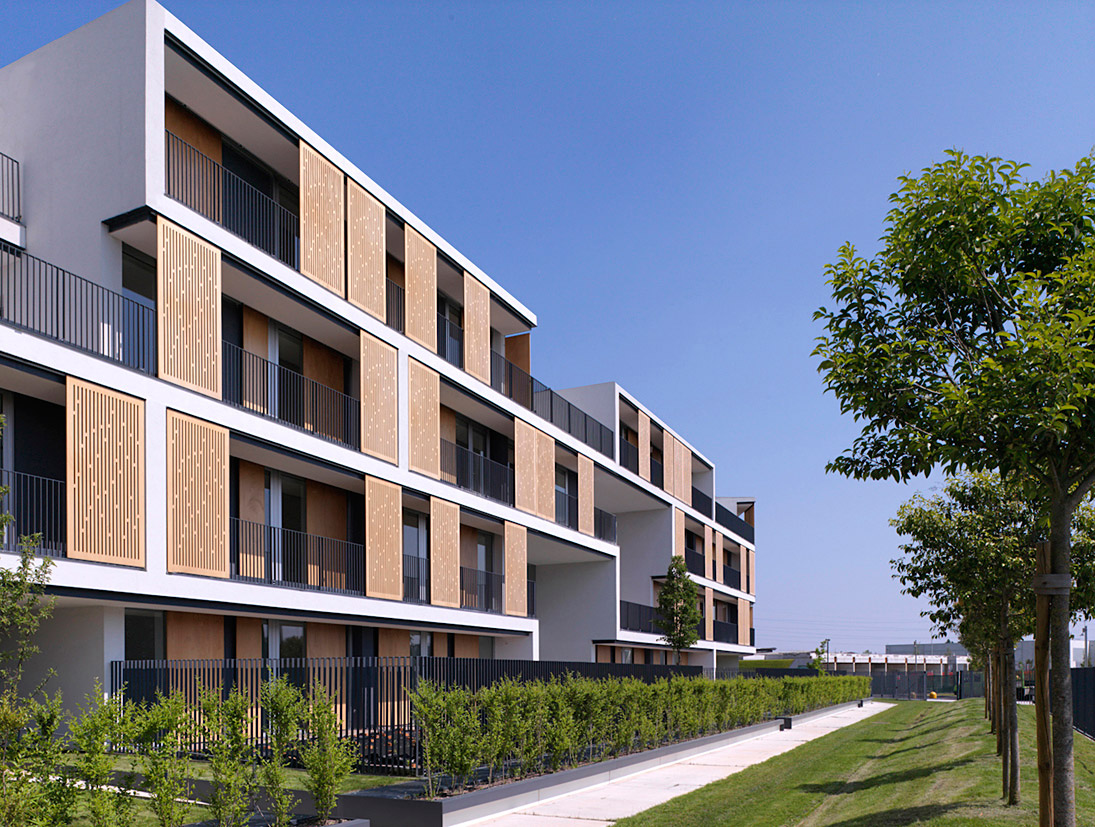1. Develop a realistic budget
Ideally, you want to find an apartment that doesn't need to eat ramen every night. The general rule is to spend less than 30% of the total income on housing. But this is not possible for everyone, because factors such as student loans and the cost of living in your area can affect how much of your income is available for rent. The key is to find the right one for you.
2. Narrow your search
Since you know your budget, consider your priorities. This can help you make important decisions, such as choosing a community. It also helps you get the most out of your website and apps, as most allow you to search by apartment size, price, location, and more. Measure what you have to have and a good possession. You may not get rid of your dog, but you may be able to live without a dishwasher.
3. Choose a neighbor
In some ways, someone may have told you the importance of “location, location, location”, but the fact is: location is the main factor in the price of rent, and once you move in, the quality of your daily life is also the same. So choosing the right one is very important. Try to focus your search on several areas, which will give you a deeper understanding of what is available. remember:
Virtual reality and a 360° camera allow you to view your apartment from your phone or computer. But there is no substitute for personal visits. If your dream apartment is next to a noisy construction site?
In remote areas, you may get extra space or cheaper rents, but consider factors such as transportation and safety. Long commutes or smartphones stolen may offset any discount on rent.
4. Prepare additional costs
In addition to the rent, you also need to budget extra fees. You may know about utilities (heat, electricity, water), as well as your internet and cable TV bills. But you may not have considered the monthly fee, such as a washing machine (or laundry), parking fees, pet fees or rental insurance.
Be sure to consider any upfront costs you will encounter. These fees may include application fees, home occupancy fees, moving companies (if needed), security deposits, and rents for the first and last month.
5. Consider negotiation
Usually, you can negotiate your lease. First, position yourself as the coveted tenant: bring appropriate documentation, such as recent credit reports, landlord letters of recommendation, pet information, and employment credentials. Then, back up your request. E.g:
- If you sign a two-year lease, can you get a better deal? The landlord will not have a turnover fee next year.
- Can I get a discount on automatic payments? They give your landlord a predictable payment schedule.
- Is this building a new building? Property managers who wish to fill a new building are more likely to provide incentives in exchange for a guaranteed occupant.
- You can also negotiate a one-time, such as one month free signing or new paint coating and updated fixtures.




